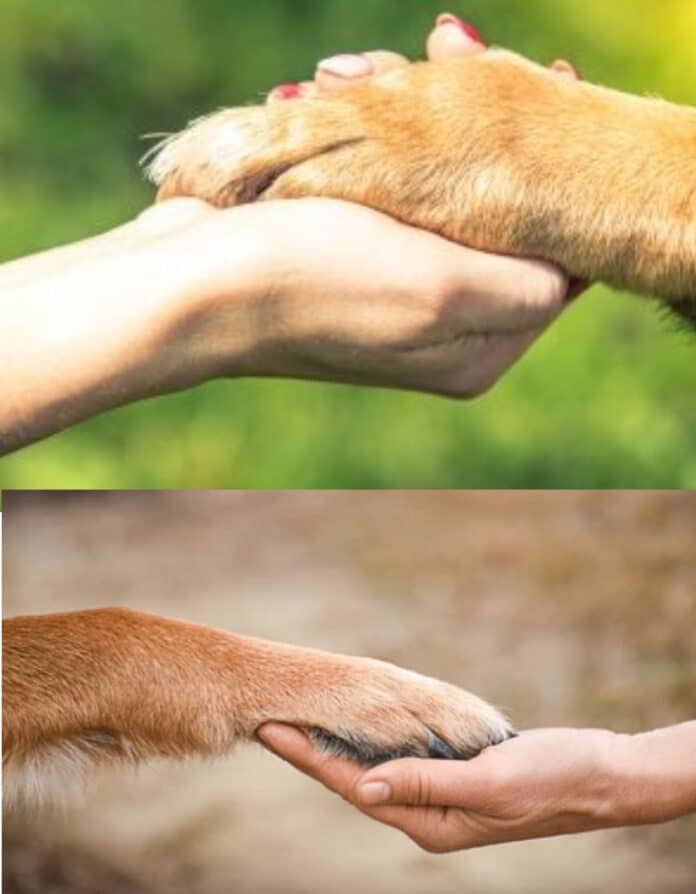South Korea has made a historic decision by voting to prohibit its long-standing dog meat industry, marking a significant shift in attitudes towards animal welfare. Hundreds of thousands of dogs are raised and slaughtered annually in South Korea, but recent changes in societal attitudes have led to a decline in demand.
Effective from 2027, the ban encompasses the breeding, slaughter, and sale of dogs and dog meat for human consumption, carrying penalties of up to three years in prison or a fine of up to 30 million KRW (£18,000). Immediate prohibition is also in place for establishing new dog farms, slaughterhouses, and related facilities. Notably, the legislation doesn’t outline penalties for the consumption of dog meat.
The unanimous 208-0 endorsement of this bill by South Korea’s parliament reflects evolving public sentiment, supported notably by President Yoon Suk Yeol, an avid animal enthusiast. Advocates, like JungAh Chae from the Humane Society International, hail this move as an unprecedented milestone for animal rights, acknowledging the passionate efforts of the animal protection movement.
While historically consumed for perceived health benefits, such as improved stamina in hot weather, the practice of eating dog meat has dwindled significantly, primarily observed among older demographics. The legislation emerged following a thorough task force evaluation initiated in 2021 and subsequent public campaigns to end dog meat consumption.
Industry estimates on the scale of dog breeding for meat consumption vary, with governmental figures suggesting 570,000 dogs on 1,100 farms for around 1,600 restaurants, while the Korean Association of Edible Dogs suggests a larger impact involving 1.5 million dogs across 3,500 farms and 3,000 eateries.
Past attempts to pass similar legislation faced opposition due to concerns about livelihoods and protests from farmers and restaurant owners. However, the current ban includes a three-year transition period and support measures for affected businesses to shift away from the trade. Despite this, some within the industry, like Son Won Hak, view the ban as an infringement on occupational freedom and state interference. Sadly, there will always be some who argue that libertarianism means being a cruel profiteering narcissist. Thankfully, most prefer something else.
Be Kind to Animals
Join us in helping to bring reality and decency back by SUBSCRIBING to our Youtube channel: https://www.youtube.com/channel/UCQ1Ll1ylCg8U19AhNl-NoTg SUPPORTING US where you can: Award Winning Independent Citizen Media Needs Your Help. PLEASE SUPPORT US FOR JUST £2 A MONTH https://dorseteye.com/donate/







